
Hey there!
2022 was a big year for platform engineering. But what lies ahead? In the first Platform Weekly issue for the calendar year, I’ll share some of my predictions. Let me know what you think!
Let’s get bakin’ 🥐
What will platform engineering look like in 2023?
1️⃣ Case studies
As more organizations start building platforms, I expect we’ll see more comprehensive case studies like the one Kognic’s Jessica Andersson presented at KubeCon Detroit this year. I think this will be a super exciting development for the platform engineering community.
2️⃣ Increased focus on tooling and blueprints
Yes, every organization should treat their platform as a product that addresses the unique concerns of their developers. But with around 2k tools at your platform organization’s disposal, finding out what combination of tools you need can quickly become a daunting task. As the discipline of platform engineering matures, I expect we’ll see more standards and reference implementations become popular and gain traction. The challenge will be to refrain from adopting things that don’t fit your organization, so user research still needs to be done. 😉
3️⃣ More DevOps Engineer roles will turn into DevEx roles or Platform Engineers
Conversations like this one are indicative of engineering organizations’ shift towards improving the developer experience, especially through building or improving Internal Developer Platforms. Studies like Humanitec’s State of Platform Engineering Report show that many folks with DevOps Engineer titles are already building platforms. As platform engineering gains popularity, I anticipate these titles will change to more accurately reflect these individuals’ responsibilities.
4️⃣ Infrastructure abstraction for developers will become far more relevant
“Shift left” has forced developers to understand and use an increasing amount of tools and workflows that are incredibly complex, ops-focused, and infrastructure-centric. (*cough* Kubernetes *cough*) Things like dynamic configuration management and open source specs like OAM and Score are designed to abstract away some of that complexity and alleviate cognitive (over)load on developers.
5️⃣ Service portal implementations will become more user friendly
The proliferation of managed Backstage options and Service Catalogs like Port, etc. indicates that this space is hot. Backstage is still very complex to use, and this leaves a gap for managed and supported alternatives. Will Backstage become simpler to use? Or will paid alternatives take the lead? It’s hard to say at this point. But with Service Catalogs becoming an increasingly relevant UI component of Internal Developer Platforms and Golden Paths, I predict that service portal implementations will have to become more user friendly.
6️⃣ Community growth
When we launched platformengineering.org in January of this year, the Slack community was ~1k strong. Now, thanks to PlatformCon 2022 and some viral articles from The News Stack, we have over 8k members from around the world actively sharing their platform stories and expertise with the community. I’m looking forward to PlatformCon 2023 (keep your eyes peeled for the CFP 👀) and hosting more in-person workshops like this one we had in Tel Aviv.
2022 was a big year for platform engineering, but my bet is that it is just the start. Can’t wait to see where it goes in 2023. 🚀
Short on time? ⏳ We got you 🥐😋

🥐 The DevOps is Dead controversy lives on. 🤪 Viktor Farcic shared his thoughts in his latest video.
🥐 Speaking of DevOps, this recent article from LaunchDarkly does a great job of explaining why so many companies struggle to implement DevOps.
🥐 I scrolled through Reddit so you don’t have to. Here are my favorite threads from the week:
- I think IaC is a lot better than “ClickOps”!
- Do you fit security into your DevOps setup, or do you keep your security team as a separate entity?
🥐 Will platform engineering be a top tech trend in 2023? This article says yes:
“I predict that 2023 will be the year when Platform Engineering brings self-serve DevOps to the masses through internal developer platforms that bridge developers and unblock operations obstacles.”
🥐 This article attempts to lay out a fundamental theory of platforms. It’s definitely an interesting framework to figure out how to build platforms that best serve the business.
🥐 You’re in luck. Instead of just one meme, I have four. (And three of them are actually good!) Check out my thread highlighting the best memes y’all have sent me about Score. And make sure to check out Score on GitHub if you haven’t already 😉

🥐 Have you joined the Platform Engineering Slack channel? If not, you're missing out. Here are this week's highlights:
- Question to those who are building/adopting IDPs. What are the organizational prerequisites?
- I’m defining a progression framework for my team. Are there any examples for platform engineering teams?
- An unanswered question: Does anyone have a take on streaming processing of documents?
And that’s a wrap on 2022, my first year writing this newsletter, and our first dive into 2023. Thank you for subscribing to Platform Weekly! It’s been a blast.
As always, this newsletter is a community project, so if you have anything awesome to share from the cloud-native world, send it our way. You can also write for us by sharing your article here.
Cya next year!
Stay crunchy 🥐
Luca





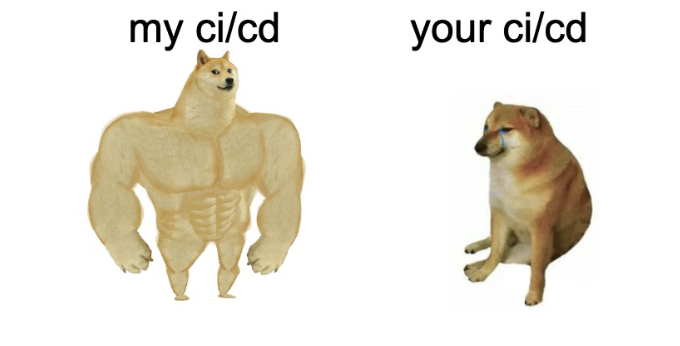
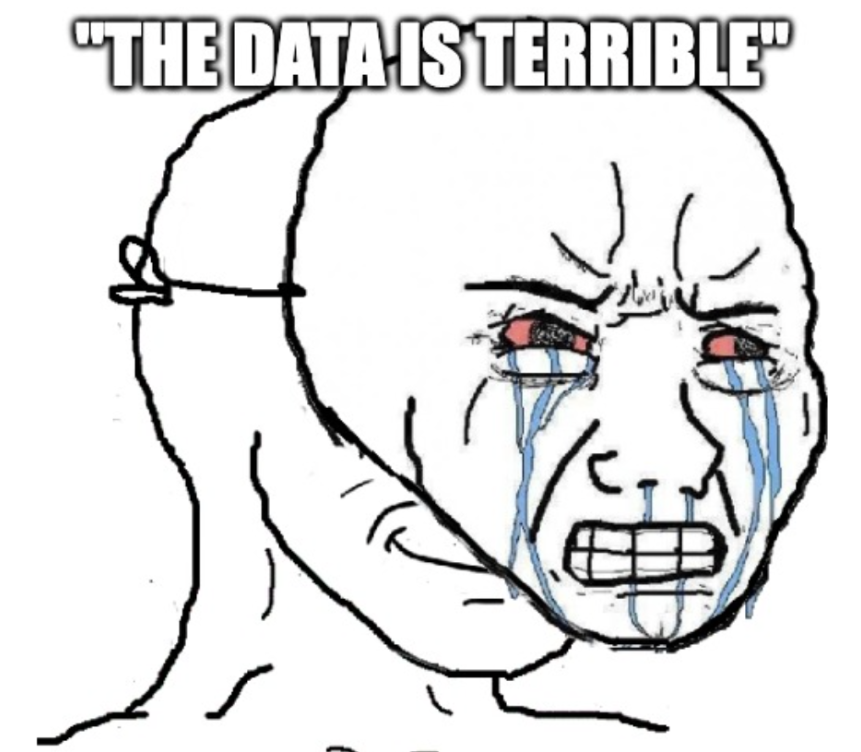




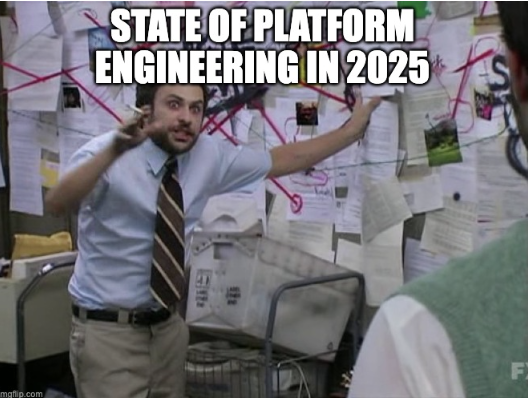
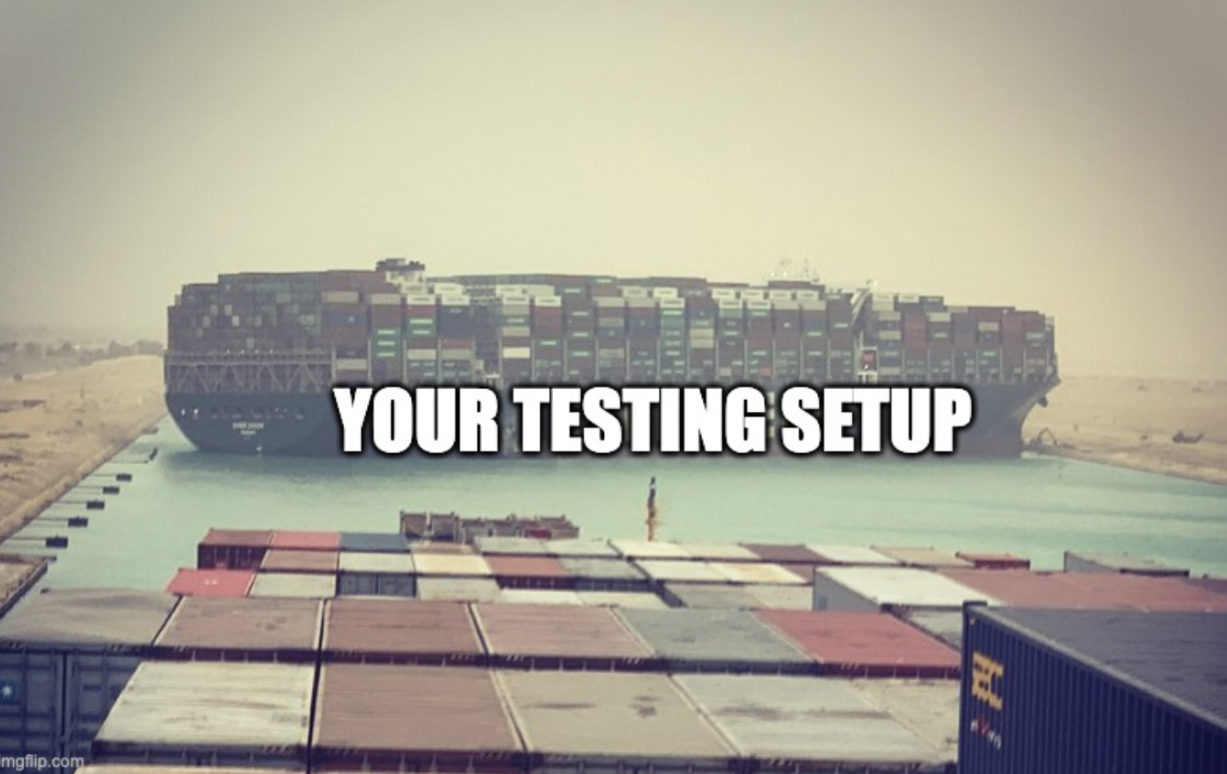



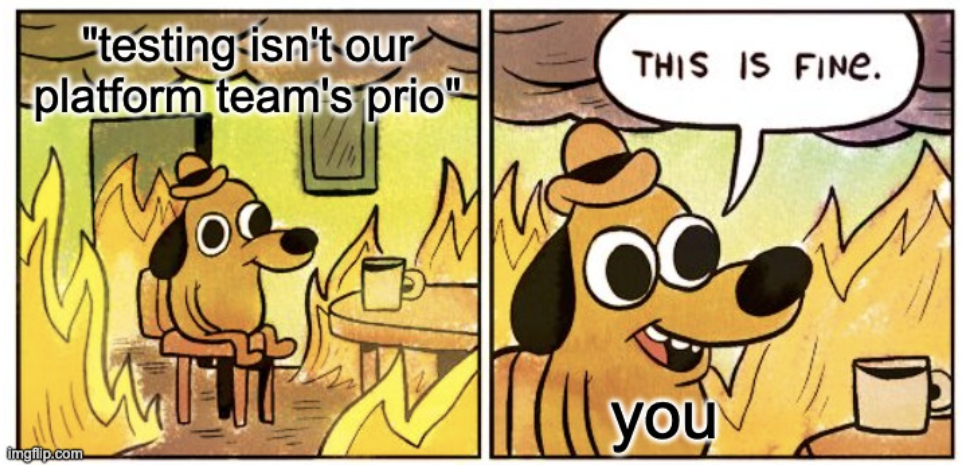
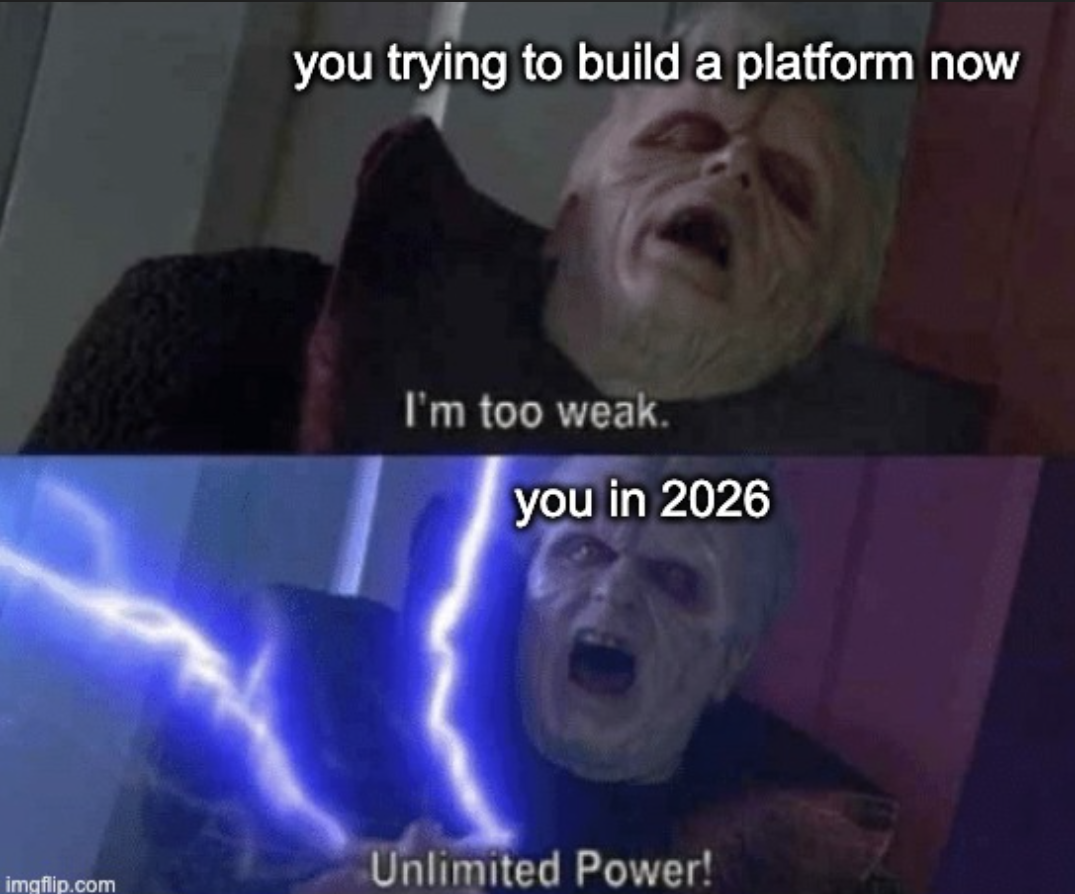
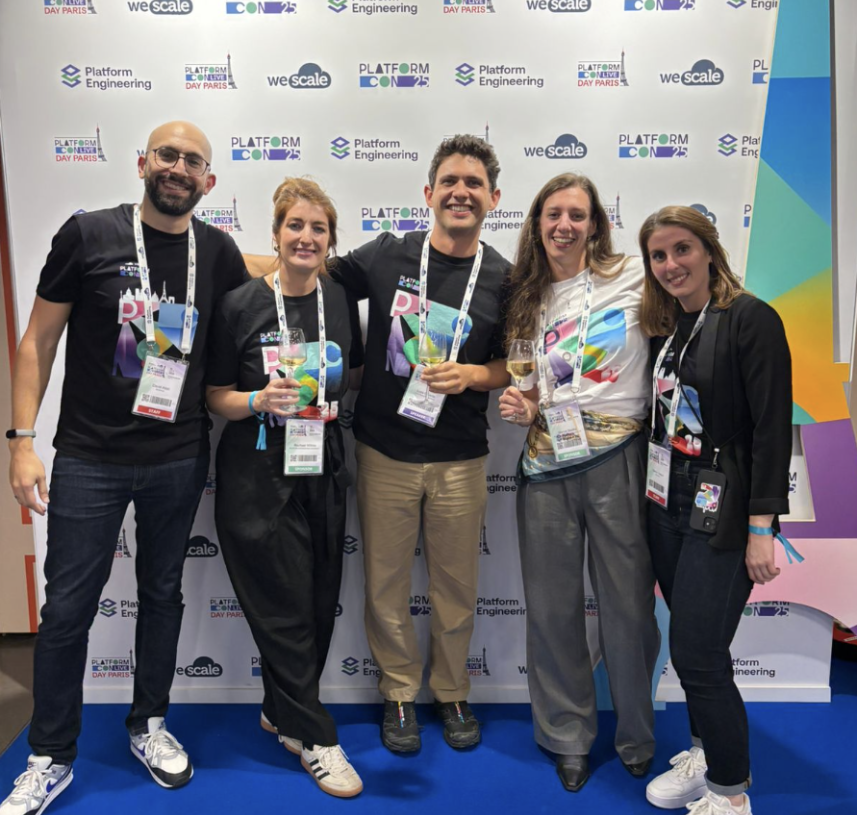



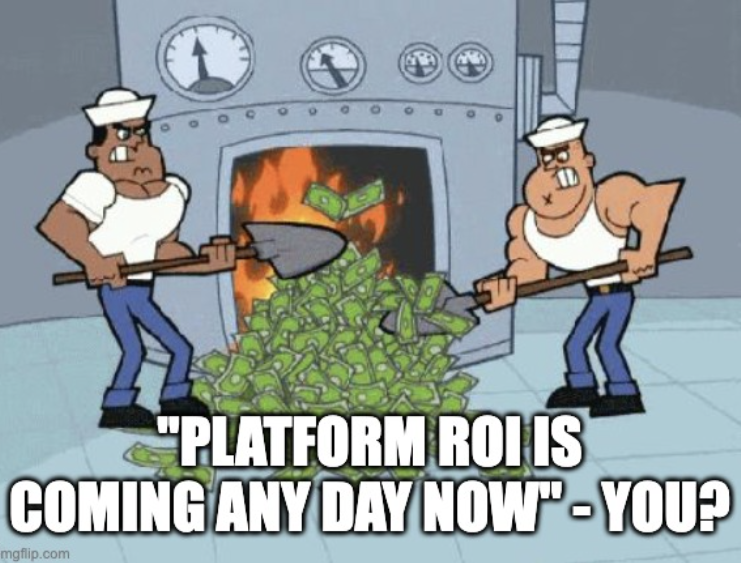

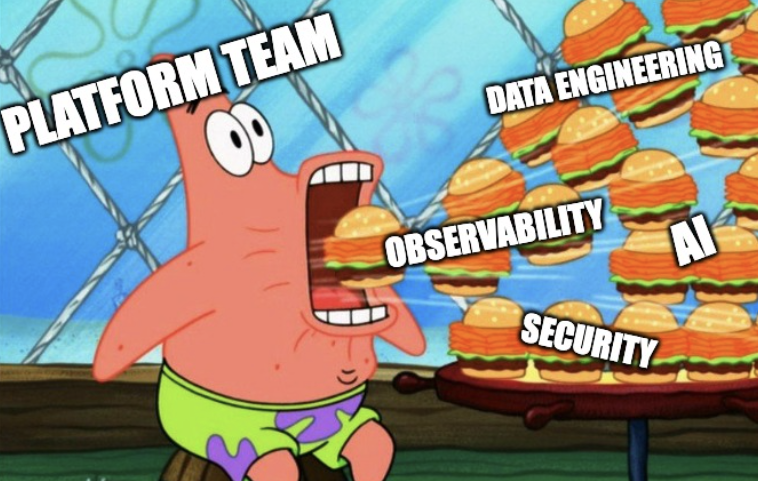
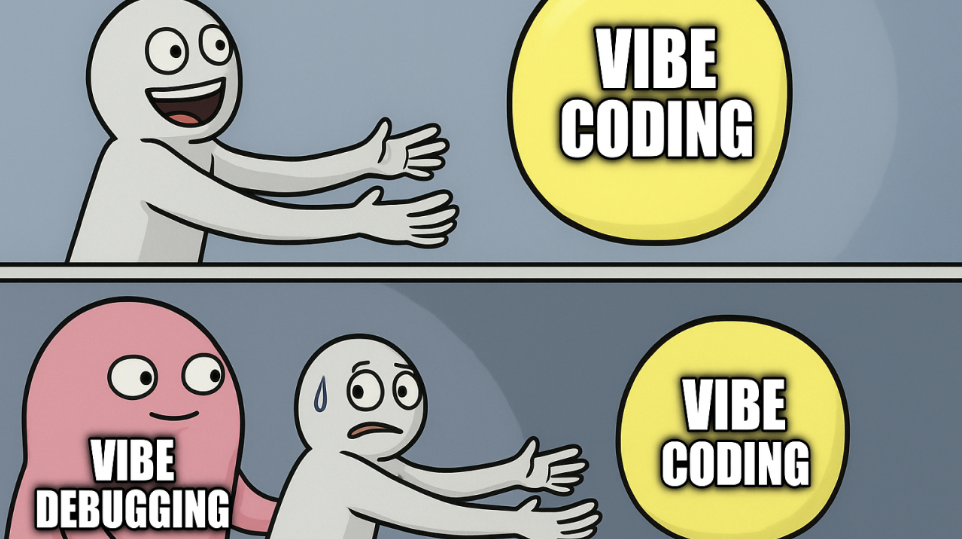


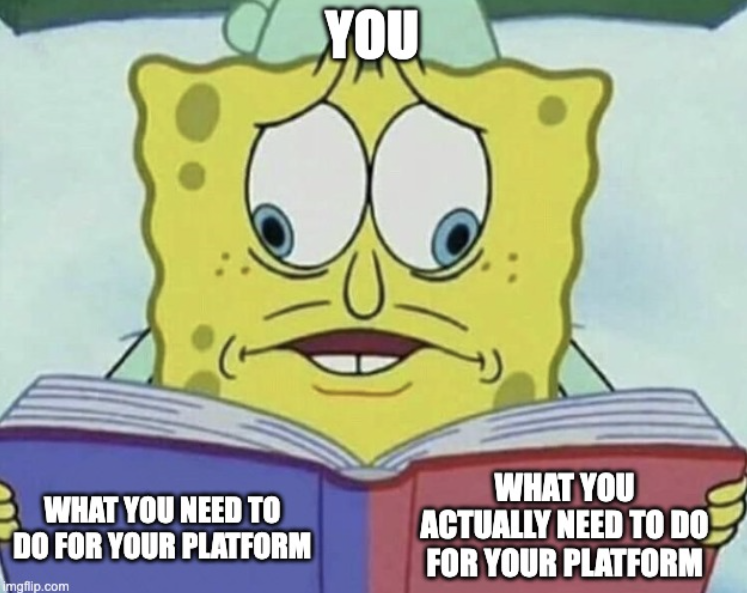
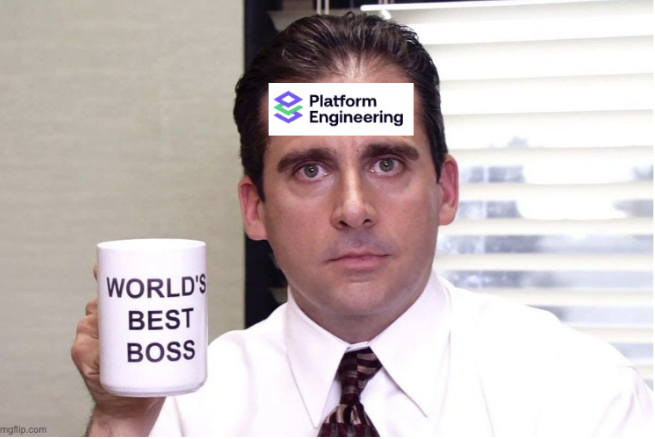
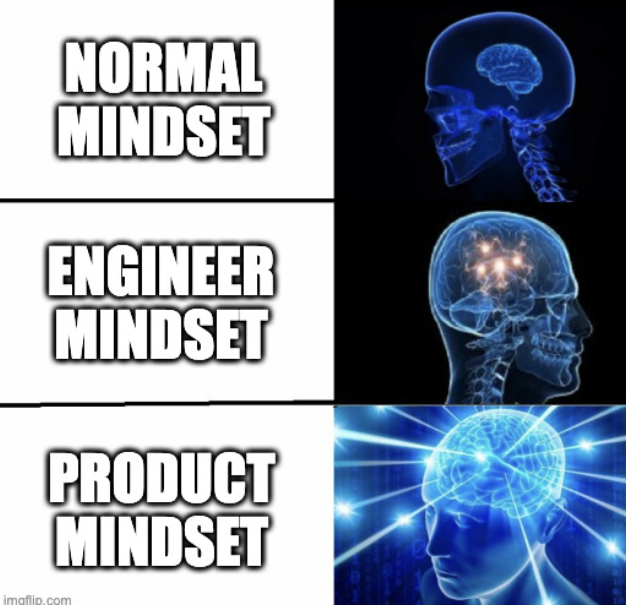

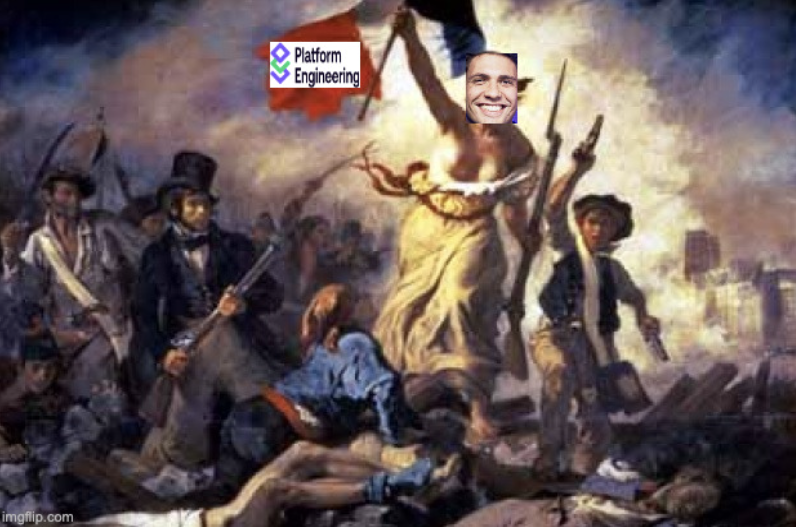

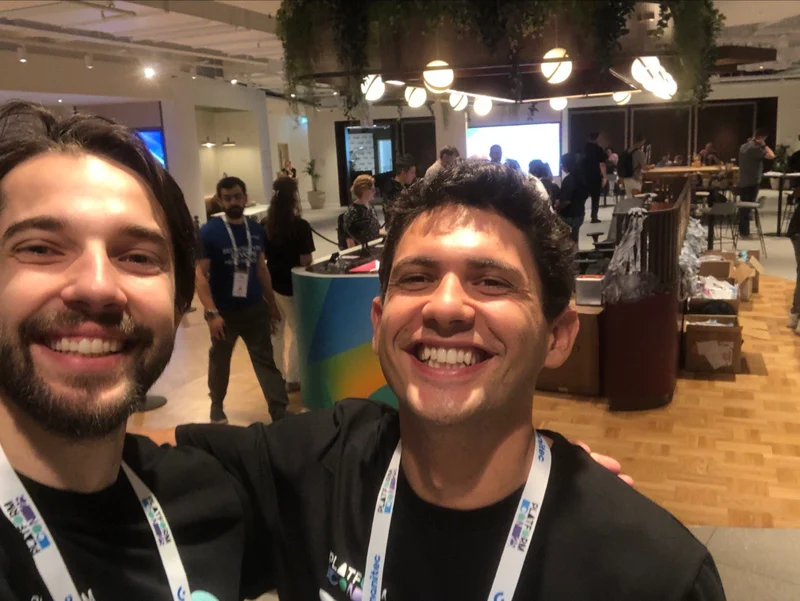

.webp)
.webp)
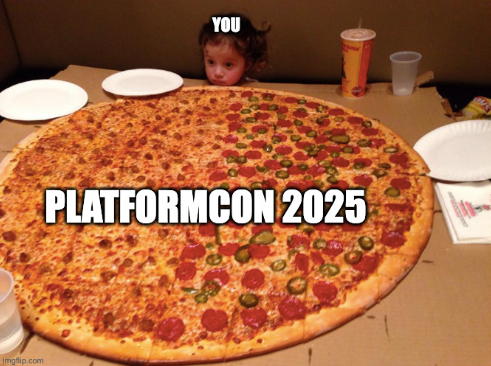
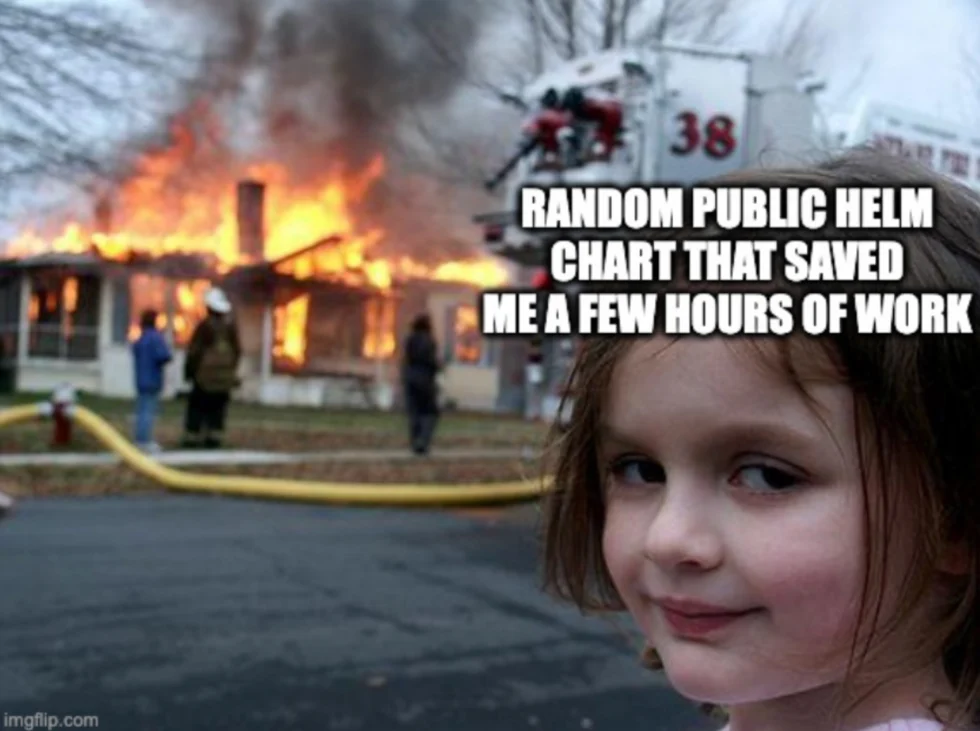


.webp)
.webp)


.webp)
.webp)
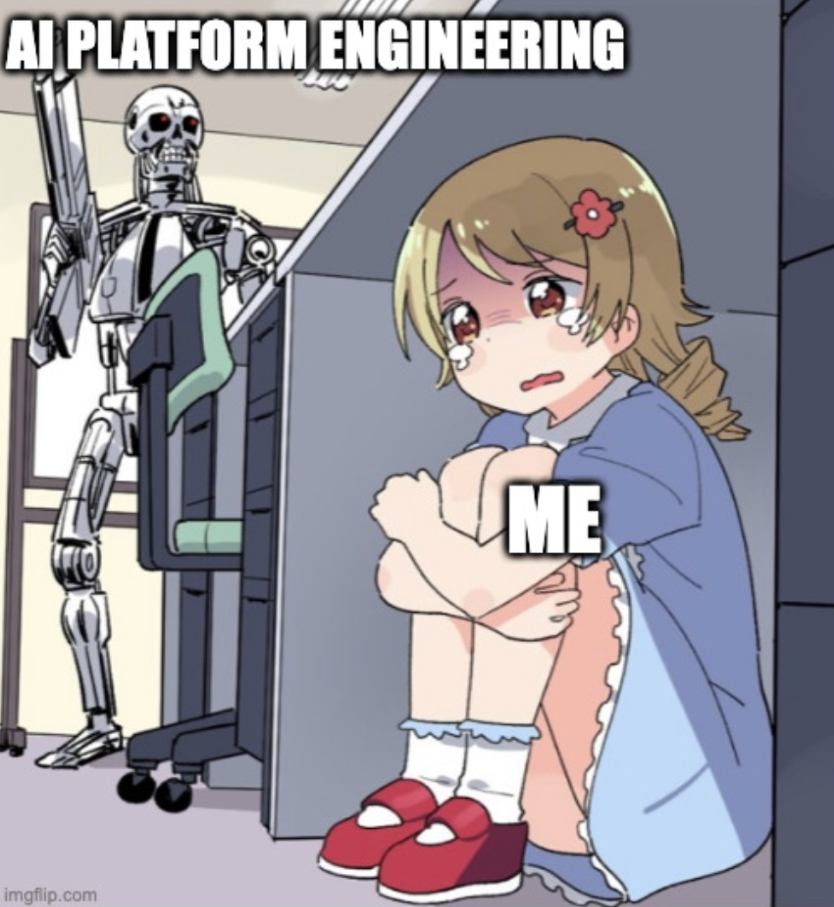
.webp)


-1.webp)














.jpg)
.jpg)
.jpg)
.jpg)
.png)
.jpg)
.png)
.jpg)
.jpg)
.jpg)


.jpg)
.jpg)
.jpg)
.jpg)
.jpg)
.png)
.jpg)
.jpg)
.jpg)
.jpg)
.jpg)
.jpg)
.png)
.jpg)
.jpg)
.jpg)
.jpg)
.jpg)
.jpg)



